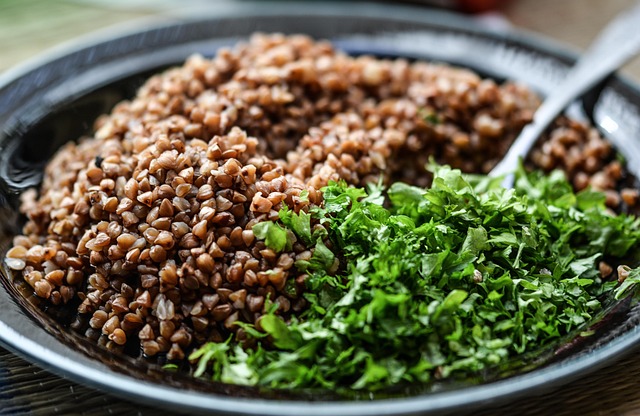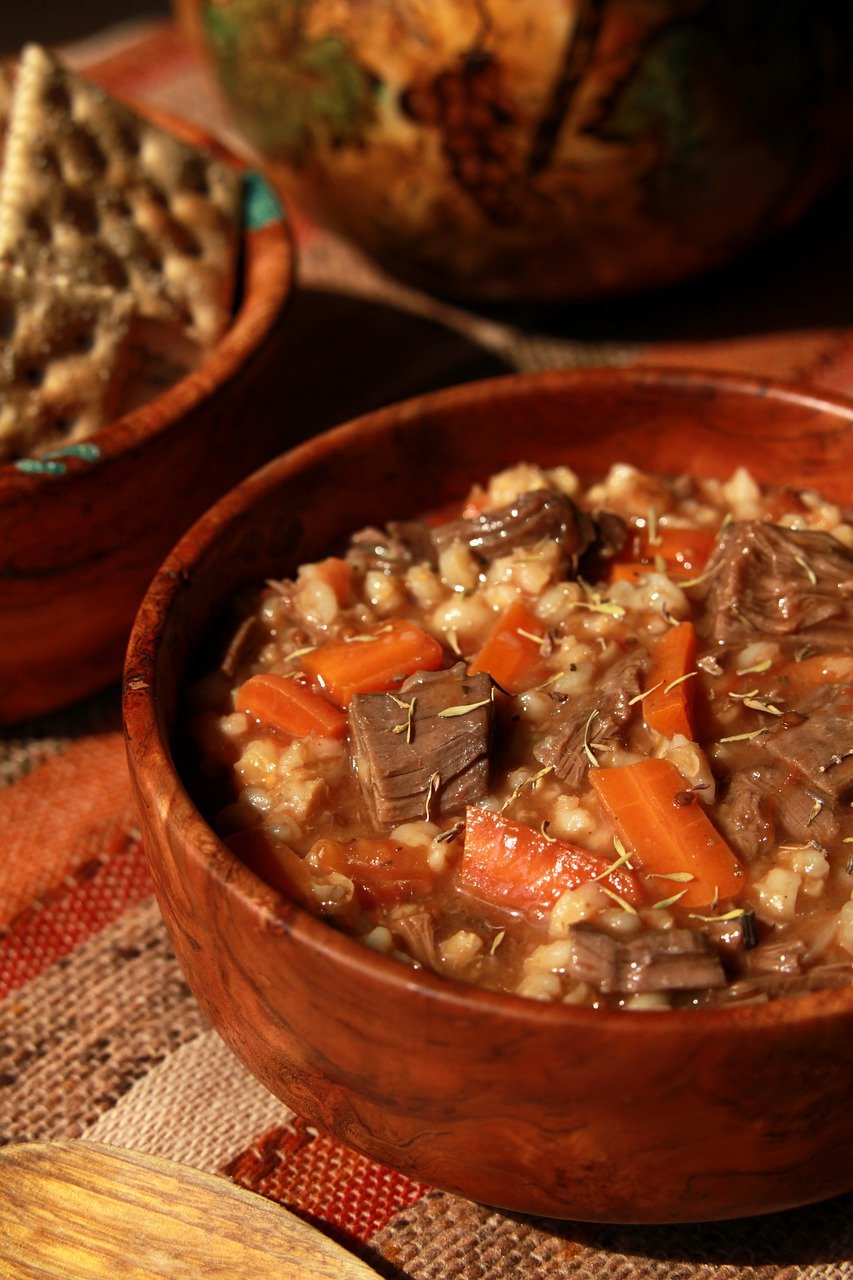By Dr. Jennifer Forney, Forney Wellness Group, LLC
Let’s talk about something near and dear to my heart — and probably your doctor’s, too: eating more fruits and veggies. Now, you’re not a kid being chastised for not eating enough plant-based food. But even some of the most health-conscious adults have difficulty including these vital staples into a balanced diet.
Before your brain automatically jumps to “Oh great, more kale,” stay with me for a second. I get it. I’m not about to shame you into swapping pizza for a plate of steamed broccoli (unless, of course, you’re craving broccoli — in which case, good for you!). Without the annoying calls to become a vegetarian or adopt some trendy plant-based diet, I’ll show you how small, realistic changes can do incredible things for your energy, immunity, mood and even your longevity.
Because here’s the truth: adding more plants to your plate isn’t just a trend. It’s a proven, powerful way to live and feel better — and you don’t have to give up burgers to get started.
Adopting a Plant-Based Diet for Holistic Health & Overall Wellness
What Does “Plant-Based” Really Mean?
Let’s clear up a little confusion first. “Plant-based” doesn’t mean you have to go full vegetarian or vegan. It just means making plants — fruits, veggies, whole grains, legumes, nuts and seeds — the stars of your meals, while animal products take more of a supporting role.
Simply being more mindful of how you craft your meals makes a world of difference in a healthy diet.
Think of it as shifting the spotlight. Instead of building your meals around meat, try centering your plate around colorful, fiber-filled, nutrient-dense plants. Your heart, gut health, brain and future self will thank you!
Why Should You Care?
Adding more plants to your meals isn’t just about being trendy or humble bragging “clean eating” for your Instagram followers. It’s about showing up for your health — physically, mentally and emotionally. Here’s what a plant-powered diet can do for you:
- Boost Your Immune System: Plant-based foods are rich in antioxidants like vitamin C, beta carotene and zinc.
- Reduce Inflammation: Linked to everything from heart disease to brain fog.
- Improve Digestion: (Hello, fiber!) Help your gut do its thing more efficiently.
- Stabilize Energy & Blood Sugar Levels: Keeping energy high throughout the day, and especially avoid those afternoon crashes.
- Lower Your Risk of Chronic Illnesses: Plant-based diets help to avoid conditions like heart disease, type 2 diabetes and certain cancers.
- Manage Your Weight: A diet rich in plants is naturally super low in caloric intake and fats without counting every bite or depriving yourself.
Studies show you don’t have to go all-in to see benefits. Just reducing your meat intake and upping your plants can significantly improve health outcomes.
Again, you’re allowed to eat the foods you enjoy. Want to grill up a steak? Craving your favorite pizza joint? Go for it – but make a conscious effort to include more of the healthy stuff during your meals or at snack time. Overall, it’s about developing a better relationship with food.
So How Do You Craft a Great Plant-Based Diet?
The idea of overhauling your diet can feel overwhelming. I promise, it’s not about perfection. It’s about intention. It’s about adding more good stuff in and getting creative in the kitchen. Here are some easy, approachable tips:
1. Make It Fun, Not Forced
First and foremost: a plant-based diet shouldn’t feel like punishment. Like anything in life, having a good mindset is key.
It should feel like you taking care of you. Self-care should feel good! Experiment with new recipes. Try cooking with a friend. Explore a local farmer’s market. The more joy you find in the process, the more sustainable it becomes.
2. Fruit as a Snack (or Dessert!)
Let’s start small – and super easy! What better way than to adjust your snacking? Swap those fatty, greasy chips for a sliced apple with almond butter. Keep frozen berries on hand for a naturally sweet treat or to blend into a delicious smoothie. Top your oatmeal with a banana and walnuts.
There are so many great options. You basically can’t go wrong!
3. Add, Don’t Subtract
Instead of focusing on what you’re giving up, think about what you’re adding in. More color. More variety. More texture. Start with one plant-based meal a week and build from there. Try a black bean taco night, a lentil soup lunch, or roasted veggie bowls for dinner.
It doesn’t have to be fancy — just intentional.
4. Sneak Greens Into Everything
You don’t have to eat a mountain of salad to get your greens in. Toss a handful of spinach into your scrambled eggs or smoothie. Stir kale into your soup or chili. Add arugula to your sandwich.
Start where you are and build from there.
5. Supercharge Your Grains
Trade white rice for quinoa or farro. Swap in cauliflower rice. Try whole wheat pasta or spiralized zucchini noodles. These swaps are nutrient-dense and often just as satisfying — sometimes even more so.
6. Get Creative with Sauces & Sides
Use roasted red peppers or carrots in your pasta sauce. Blend spinach into your pesto. Add chopped veggies to casseroles, stir fries, or even your mac and cheese. No, seriously — throw some peas or broccoli in there and feel good about it.
Final Thoughts: A Plant-Based Diet isn’t a Punishment. It’s a Delightful Lifestyle Shift
If there’s one thing I want you to take from this, it’s that eating more plants isn’t about restrictions or rules. It’s about nourishment. It’s about giving your body what it needs to function at its best. It’s about feeding your energy, mood and long-term health — without losing the joy that food brings.
As I always tell clients, you don’t have to be perfect. You don’t have to give up your favorite foods. You just have to start — one bite, one meal, one small change at a time.
If you ever need support, a certified nutrition coach (hi, it’s me!) can help you find realistic, personalized ways to incorporate more plants into your routine.
Let’s get growing! Until next time, be kind to yourself — and your plate.



